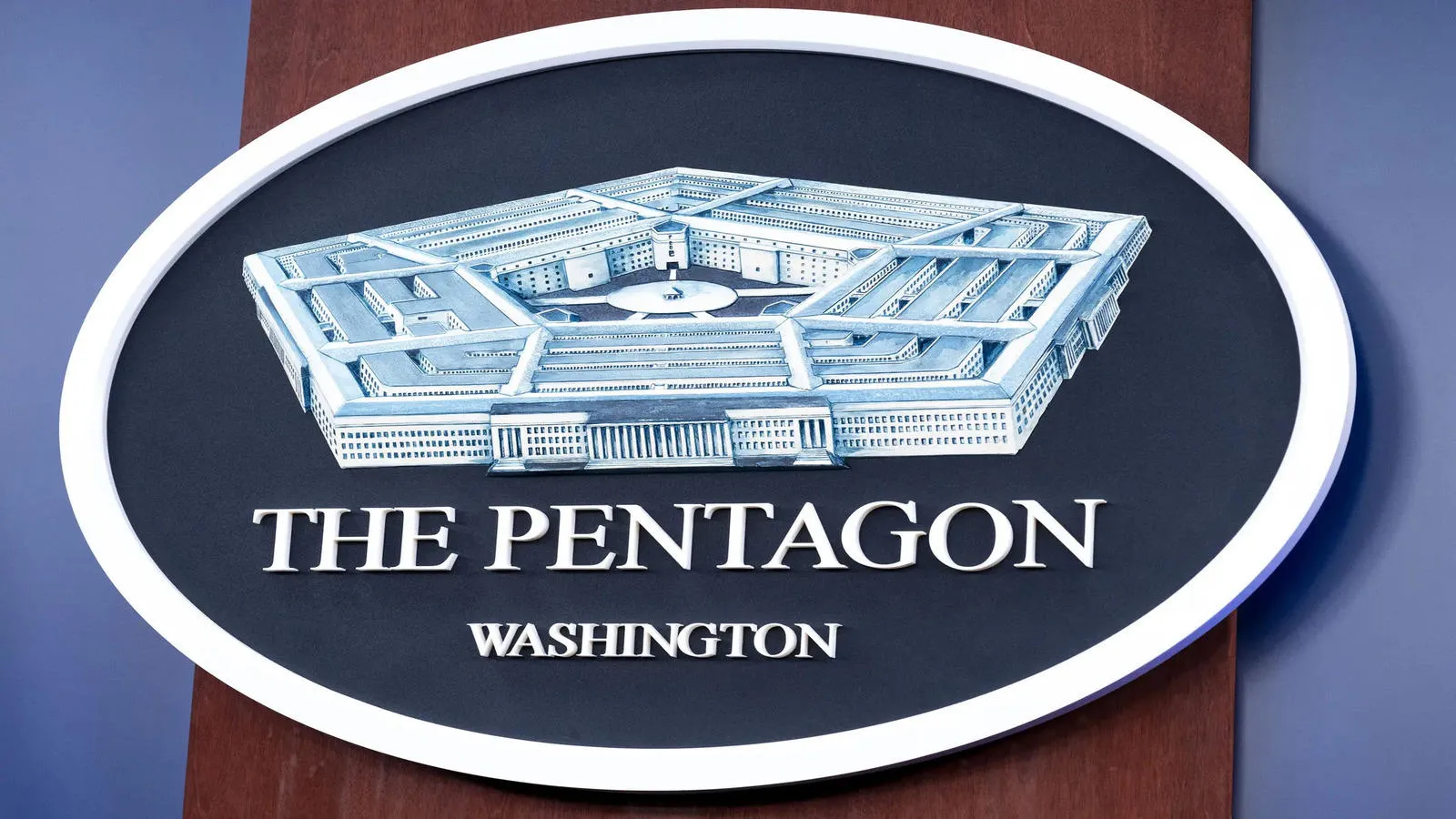
In a significant shake-up to the U.S. defense contracting arena, industry giants such as SpaceX, Palantir, and OpenAI are reportedly joining forces. This emerging consortium, which also includes Palmer Luckey’s Anduril, aims to disrupt the long-standing dominance of traditional defense contractors like Lockheed Martin, Raytheon, and Boeing. According to a recent report by the Financial Times, this group could transform how the Pentagon awards its lucrative contracts.

Disrupting a Well-Entrenched Market
The consortium, set to announce its official formation in January, positions itself as a formidable challenger to the “prime” contractors who regularly secure substantial Pentagon deals. In fiscal year 2023, Lockheed Martin, RTX (formerly known as Raytheon), and Boeing together secured contracts worth billions, with Lockheed Martin alone receiving $61.4 billion from the Department of Defense. These figures underscore the deep financial ties between the Pentagon and these established contractors, with a significant portion of their revenues stemming directly from federal contracts.
The Role of Peter Thiel
A central figure in this narrative is Peter Thiel, a billionaire with significant investments in all the firms within the consortium. Thiel’s involvement is noteworthy not just for his financial clout but also for his ideological stance on technology and governance, which has been described as prioritizing technological advancement regardless of the human cost.

Ethical Implications and Industry Impact
The formation of this consortium raises important questions about the ethical implications of introducing cutting-edge technologies into warfare and surveillance. While the potential for technological innovation to improve national security is significant, the ethical dimensions of such advancements cannot be overlooked. The consortium’s approach to handling these ethical challenges will be crucial in determining their success and acceptance in the defense sector.
Moreover, the shake-up promises to challenge the existing oligopoly in defense contracting, potentially leading to more competitive bidding processes and innovative solutions in national defense. However, whether this disruption will lead to better outcomes for national security remains to be seen.

In conclusion, as these tech giants band together to bid for defense contracts, the landscape of U.S. defense contracting could be on the cusp of a significant transformation. The consortium’s success will depend not only on their technological prowess but also on their ability to navigate the complex ethical landscape that comes with defense and surveillance technologies.
